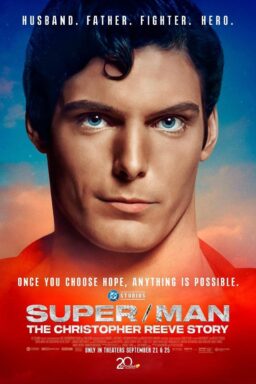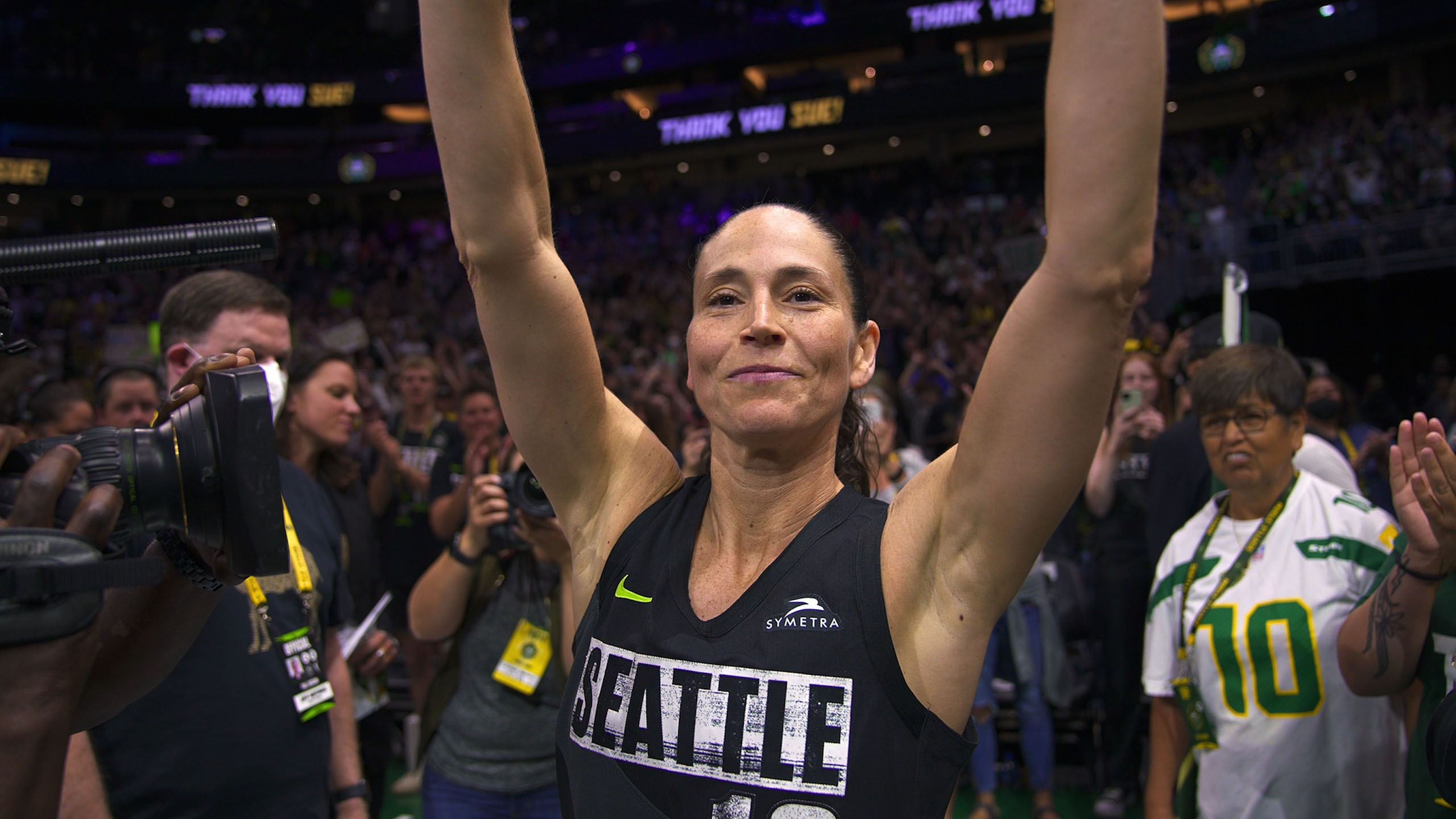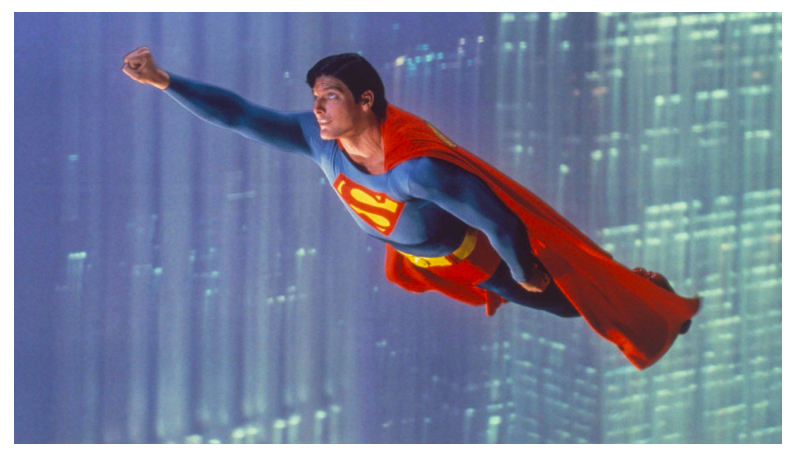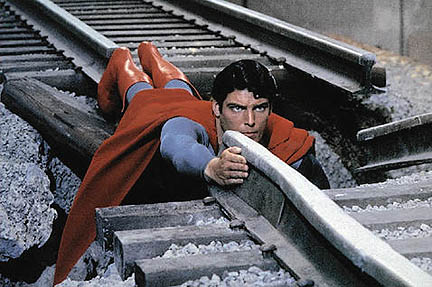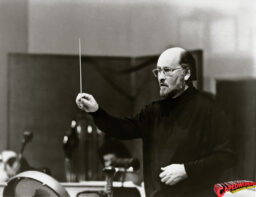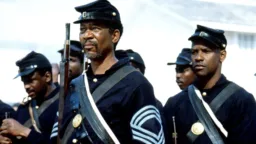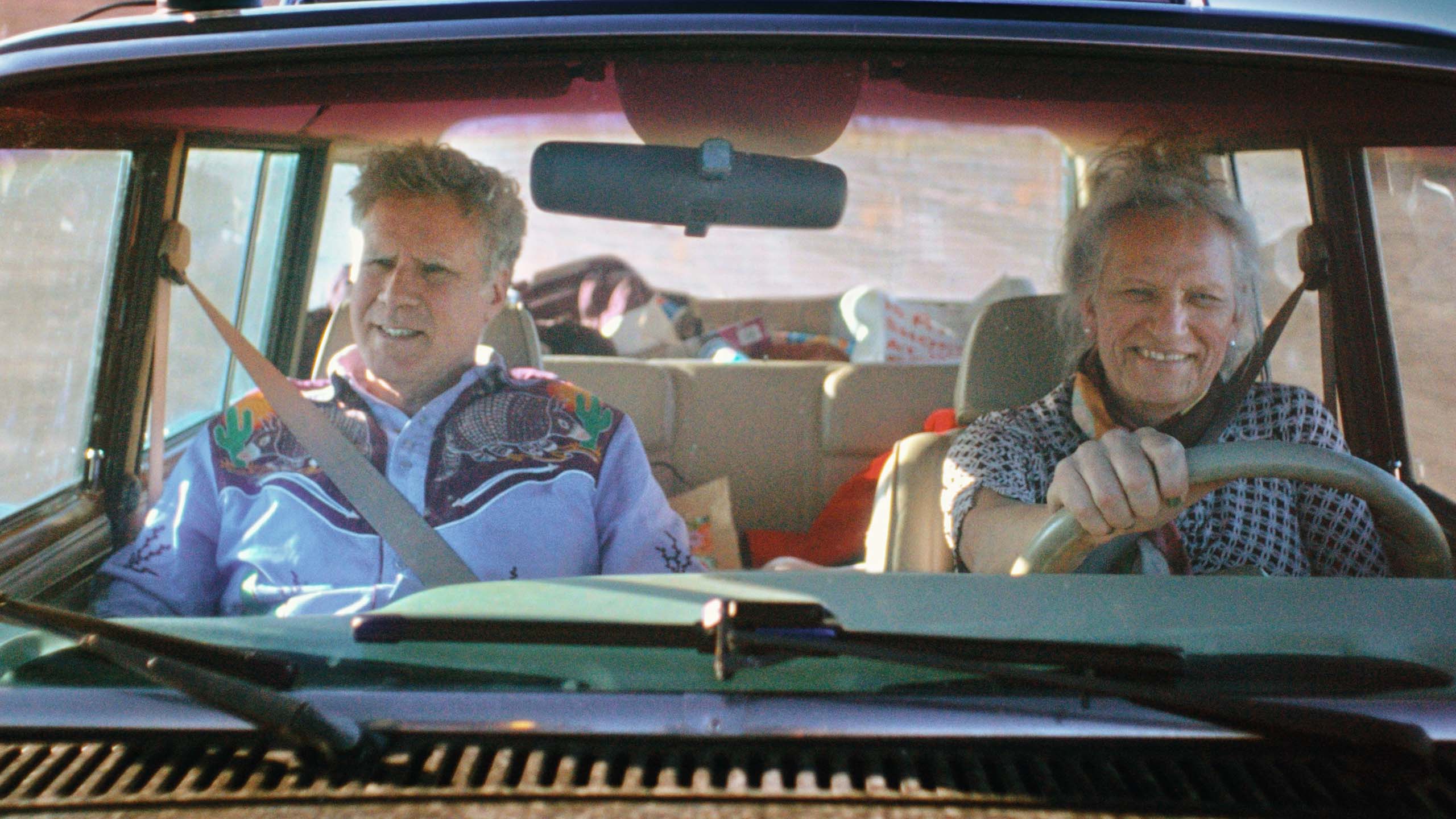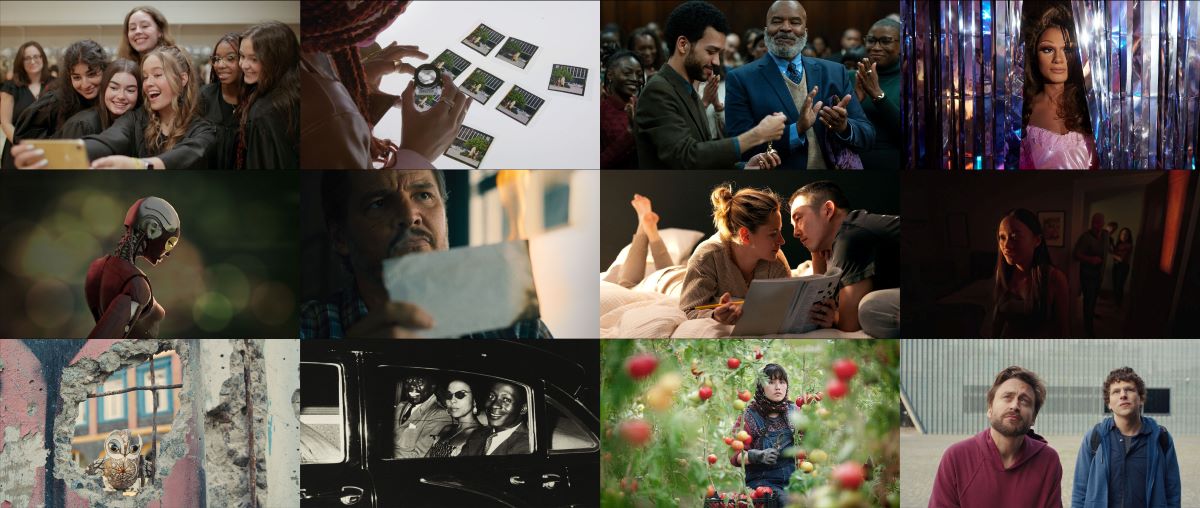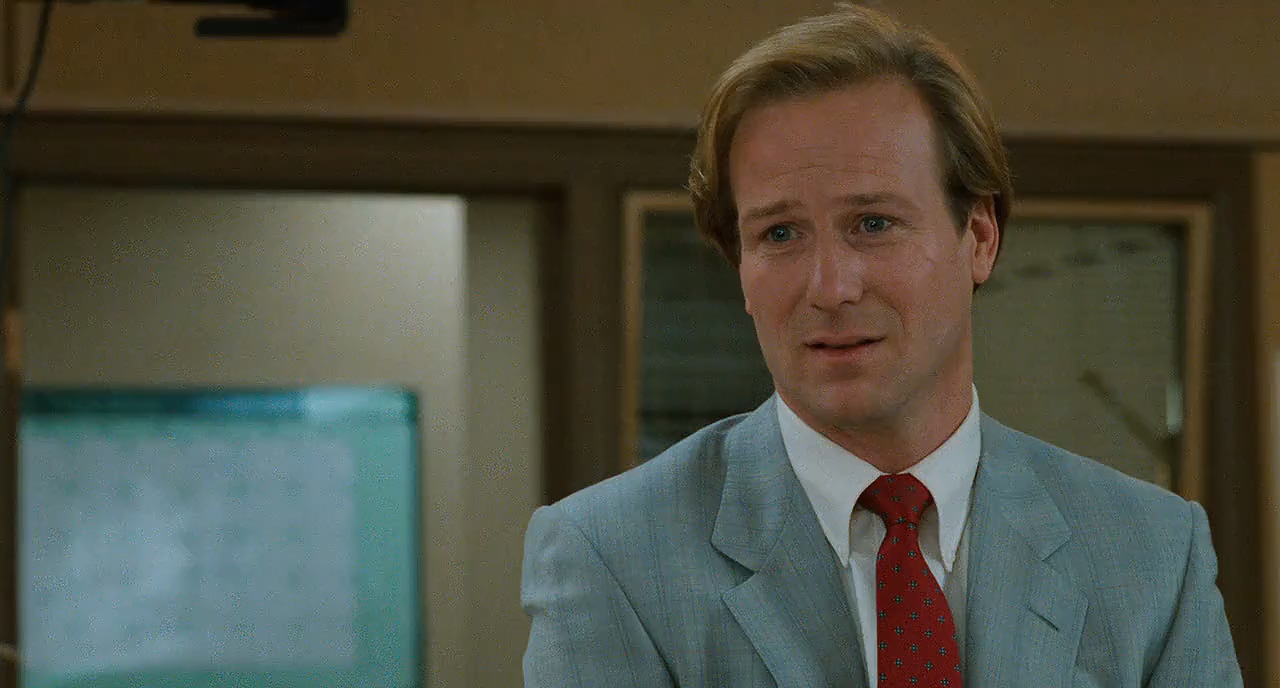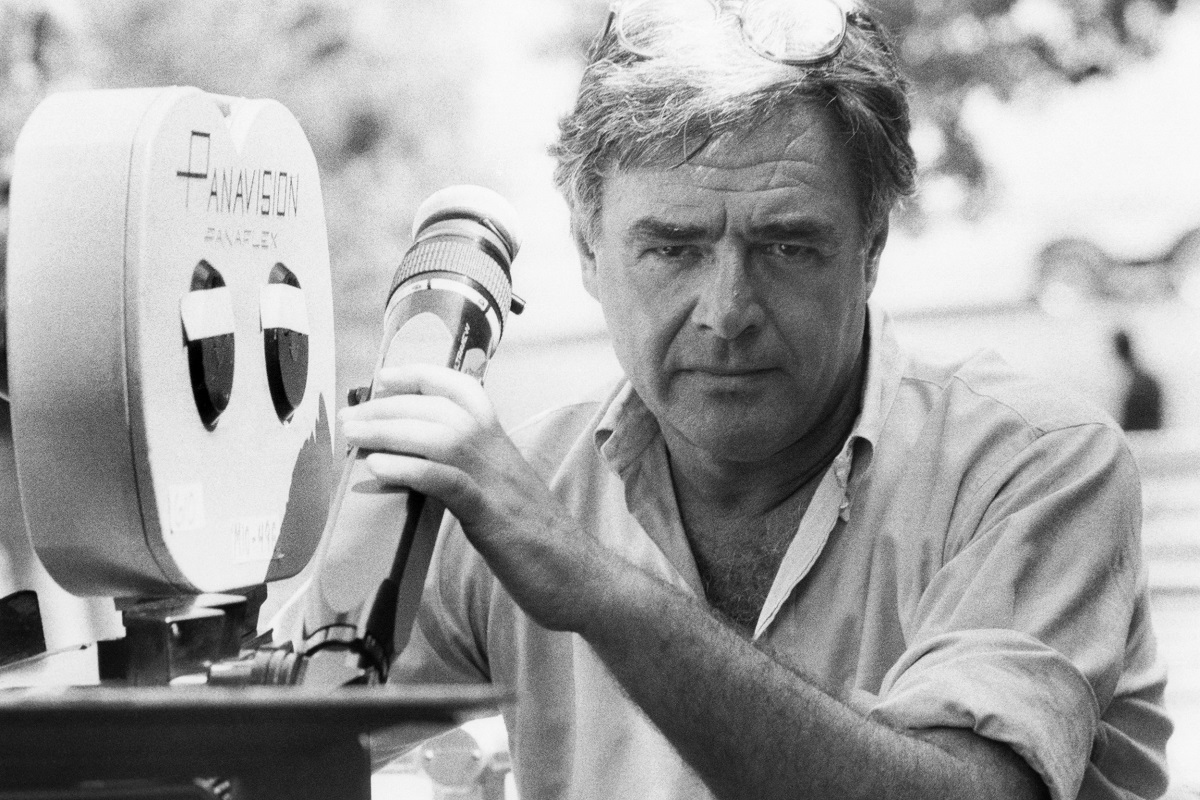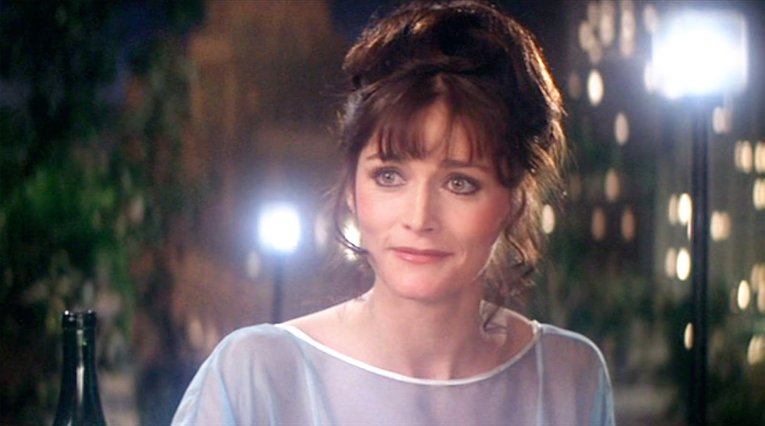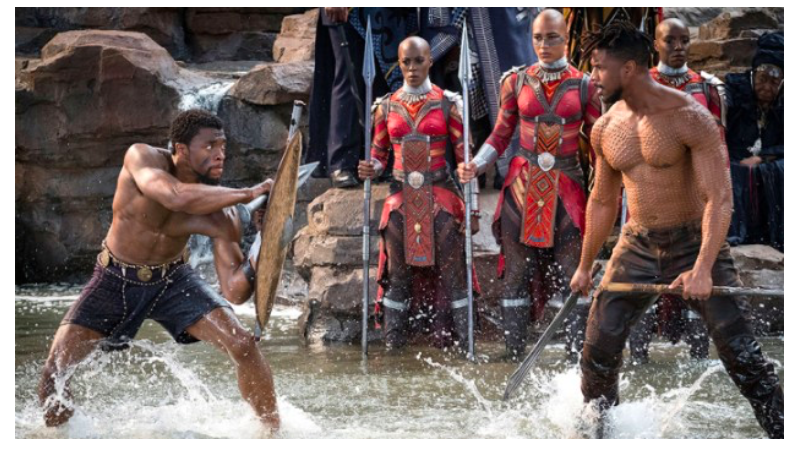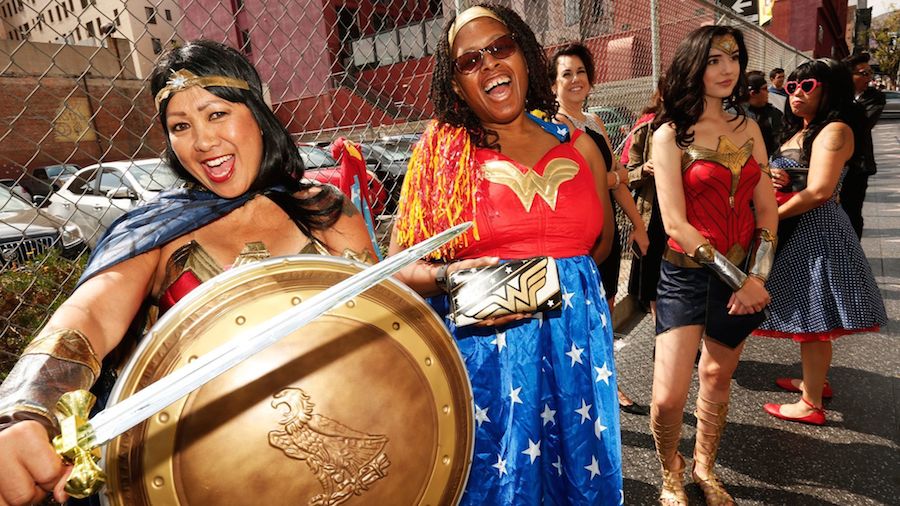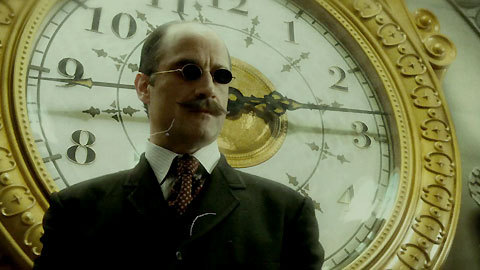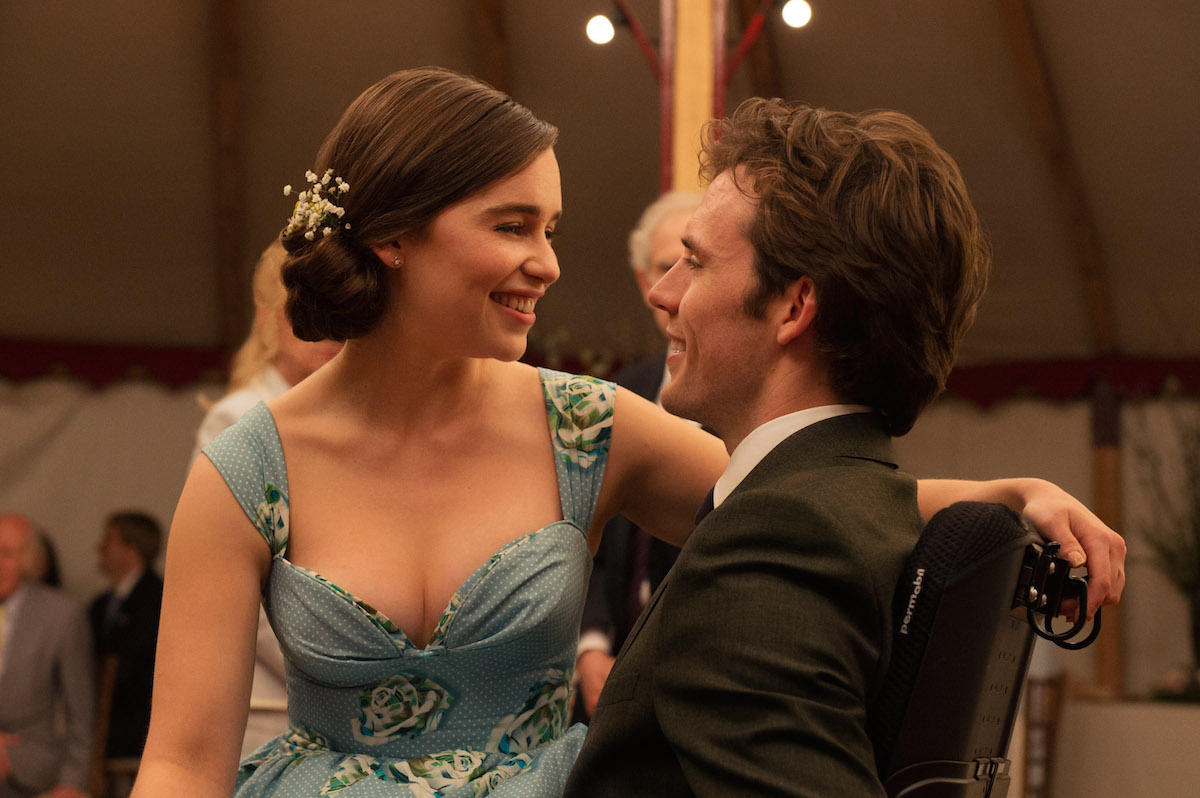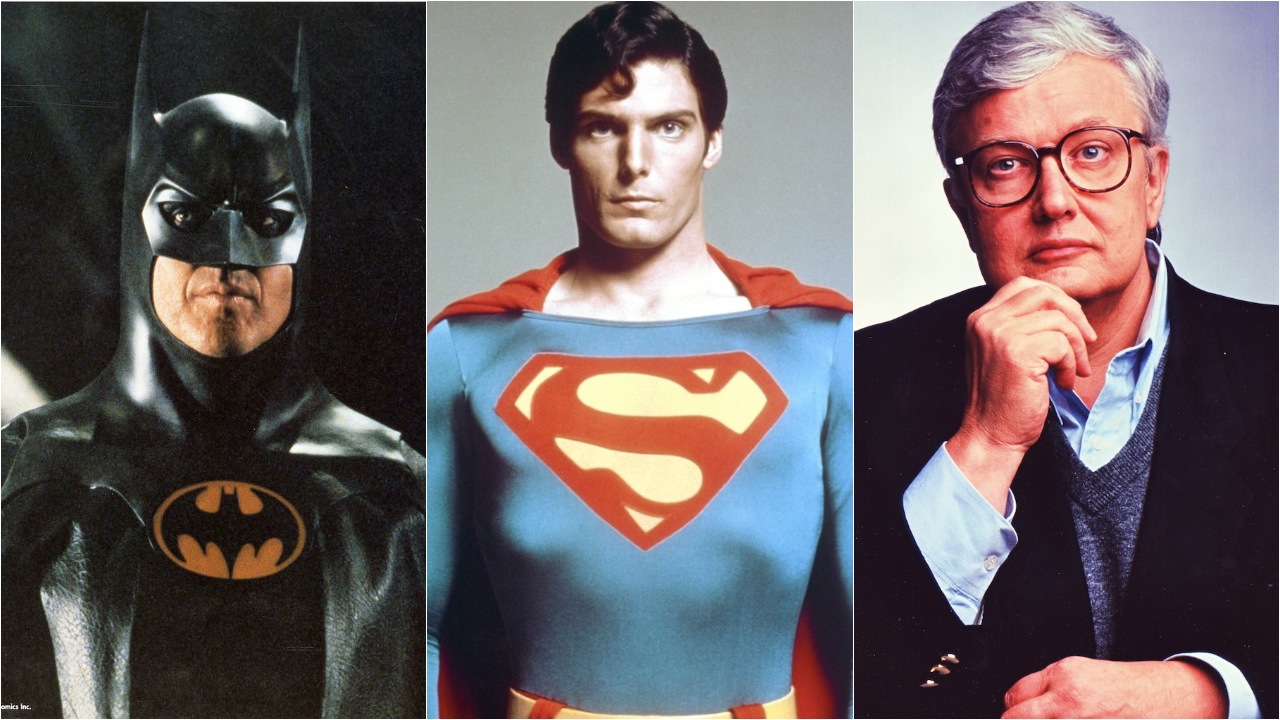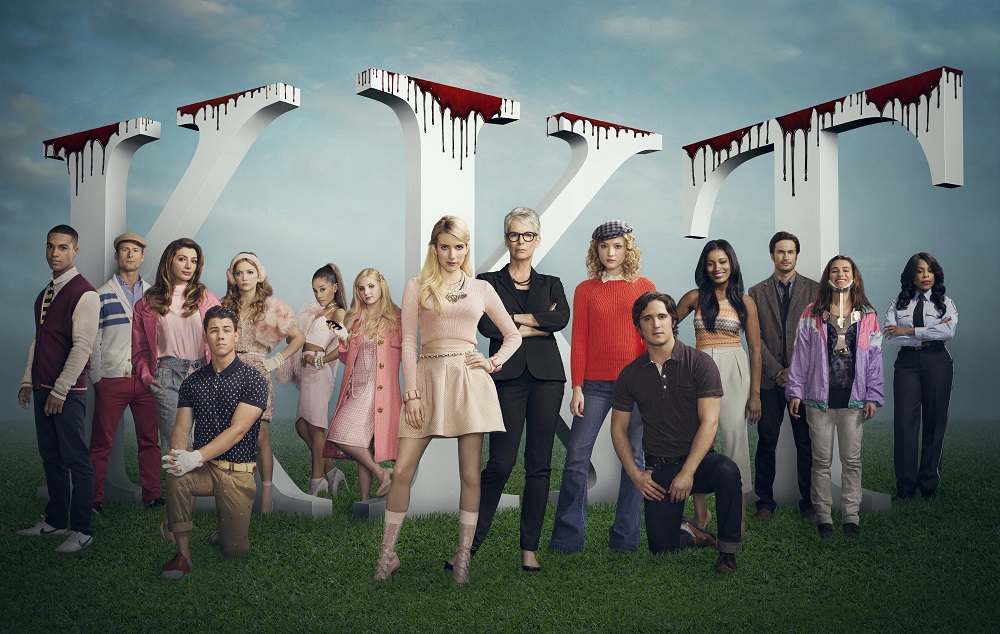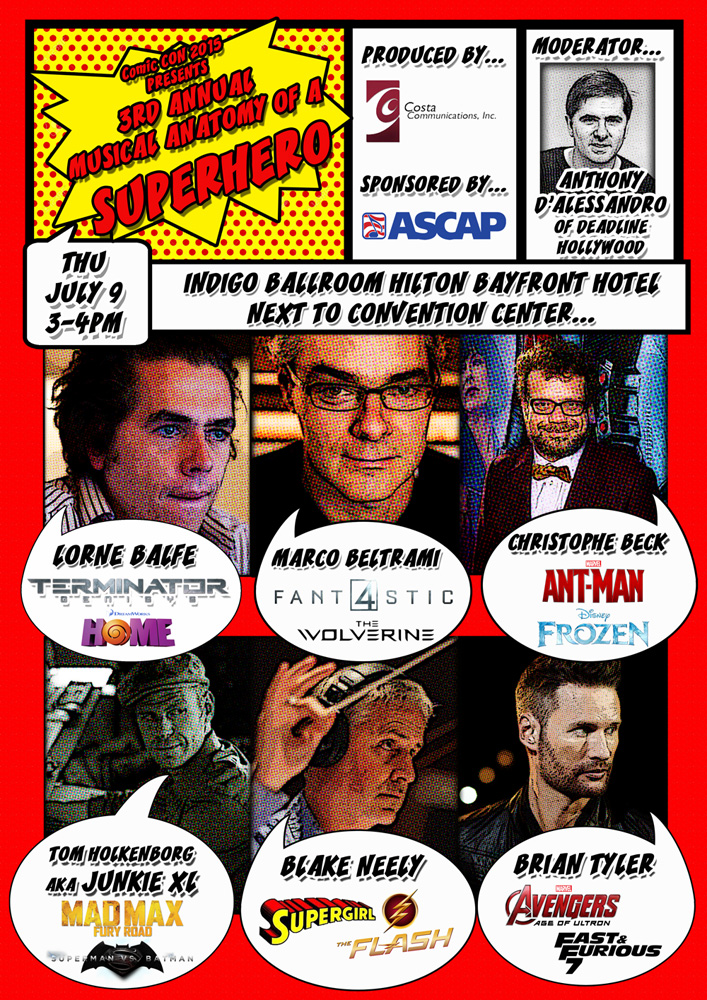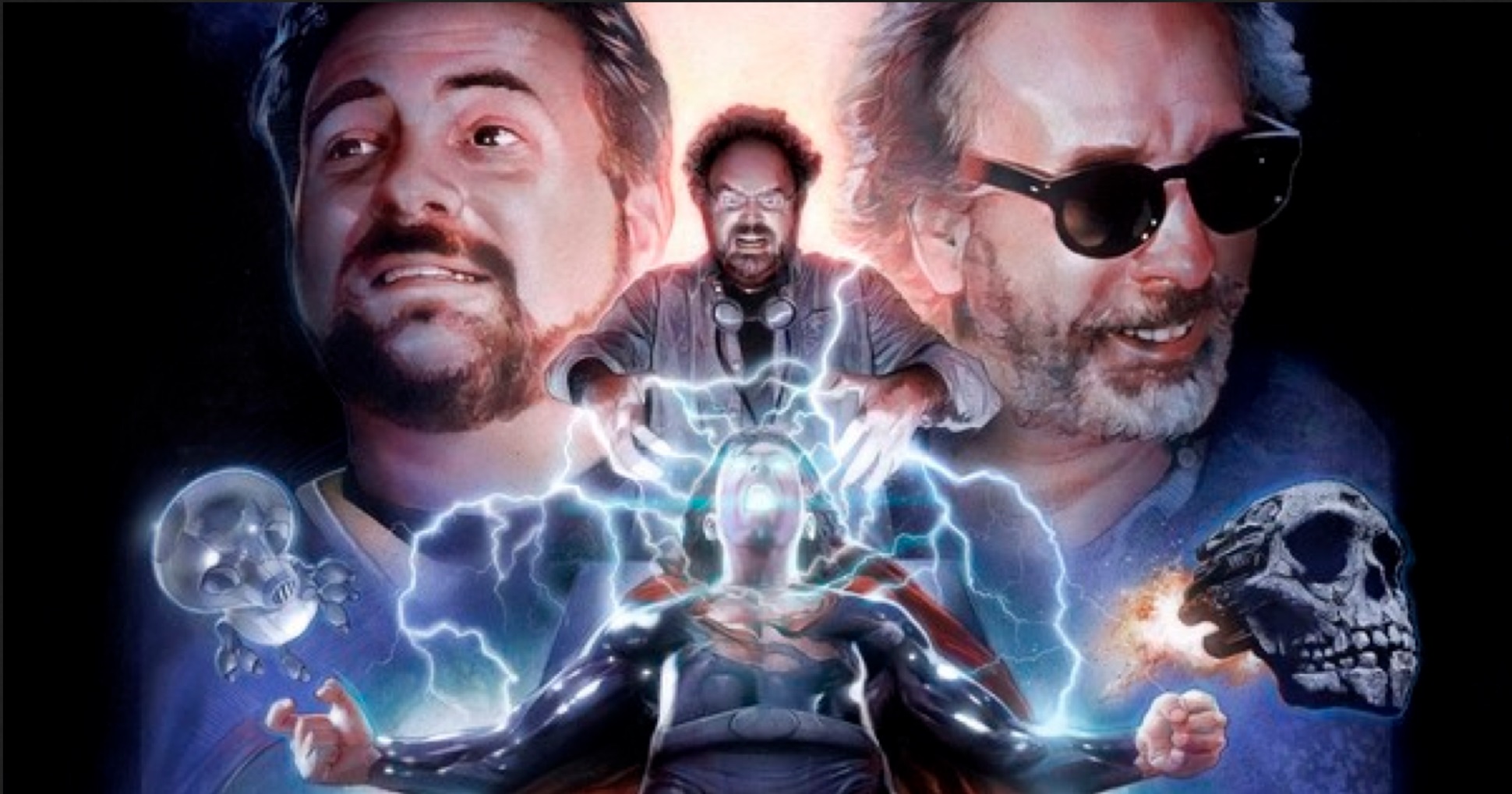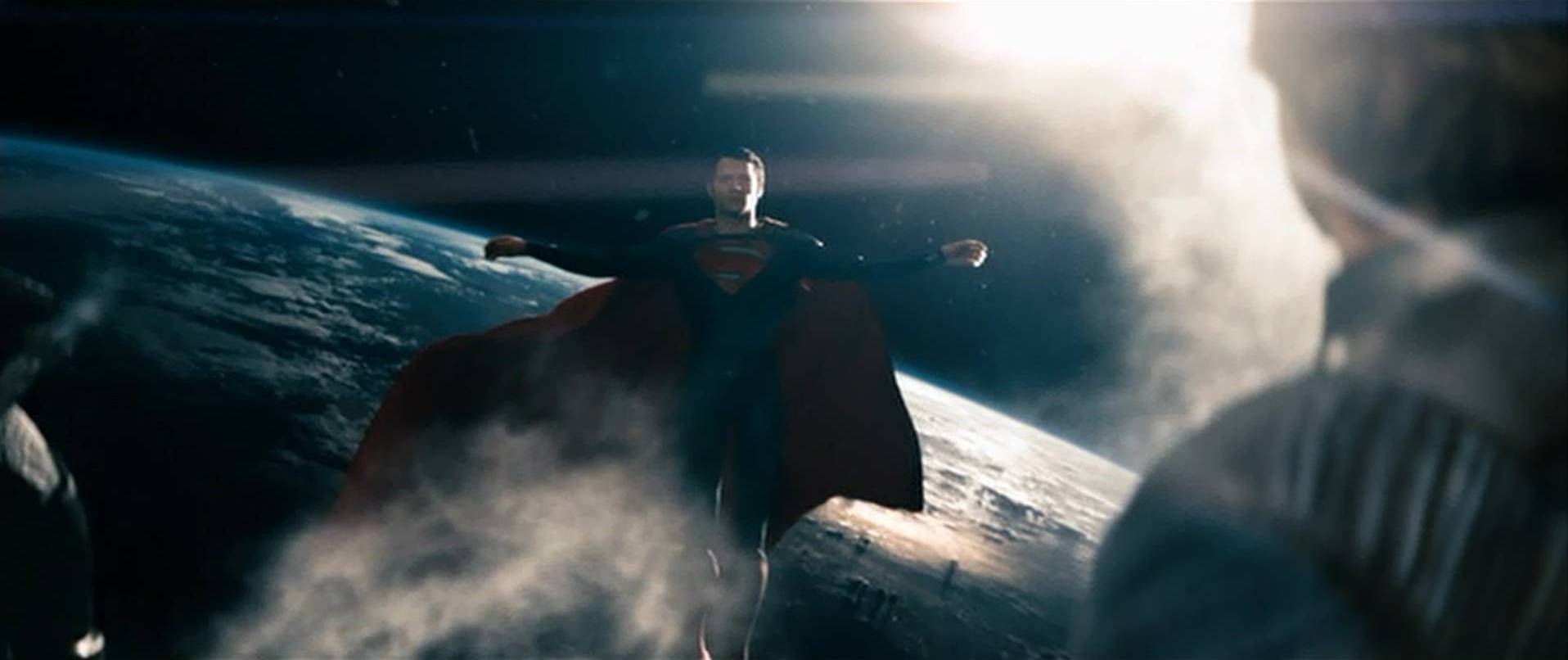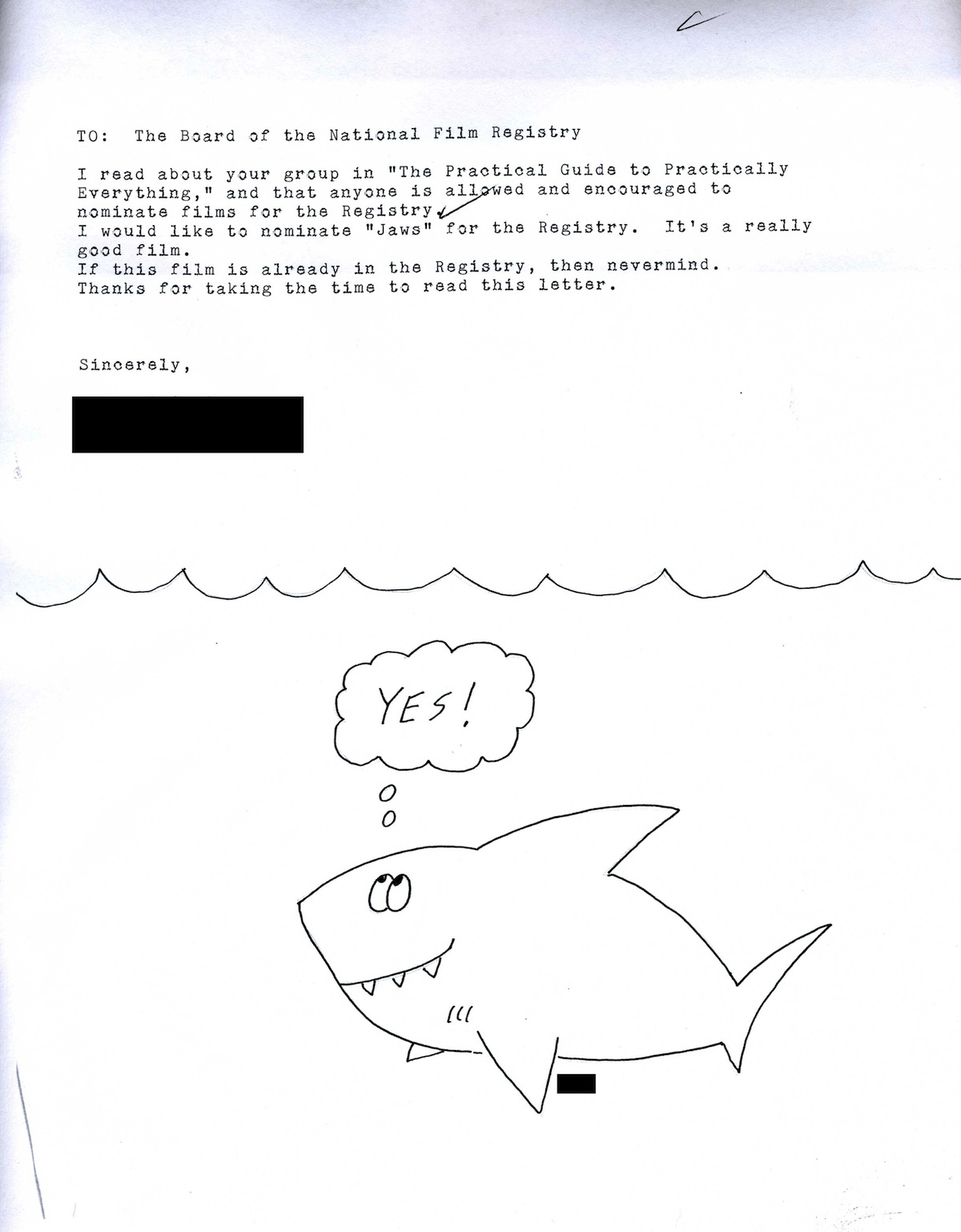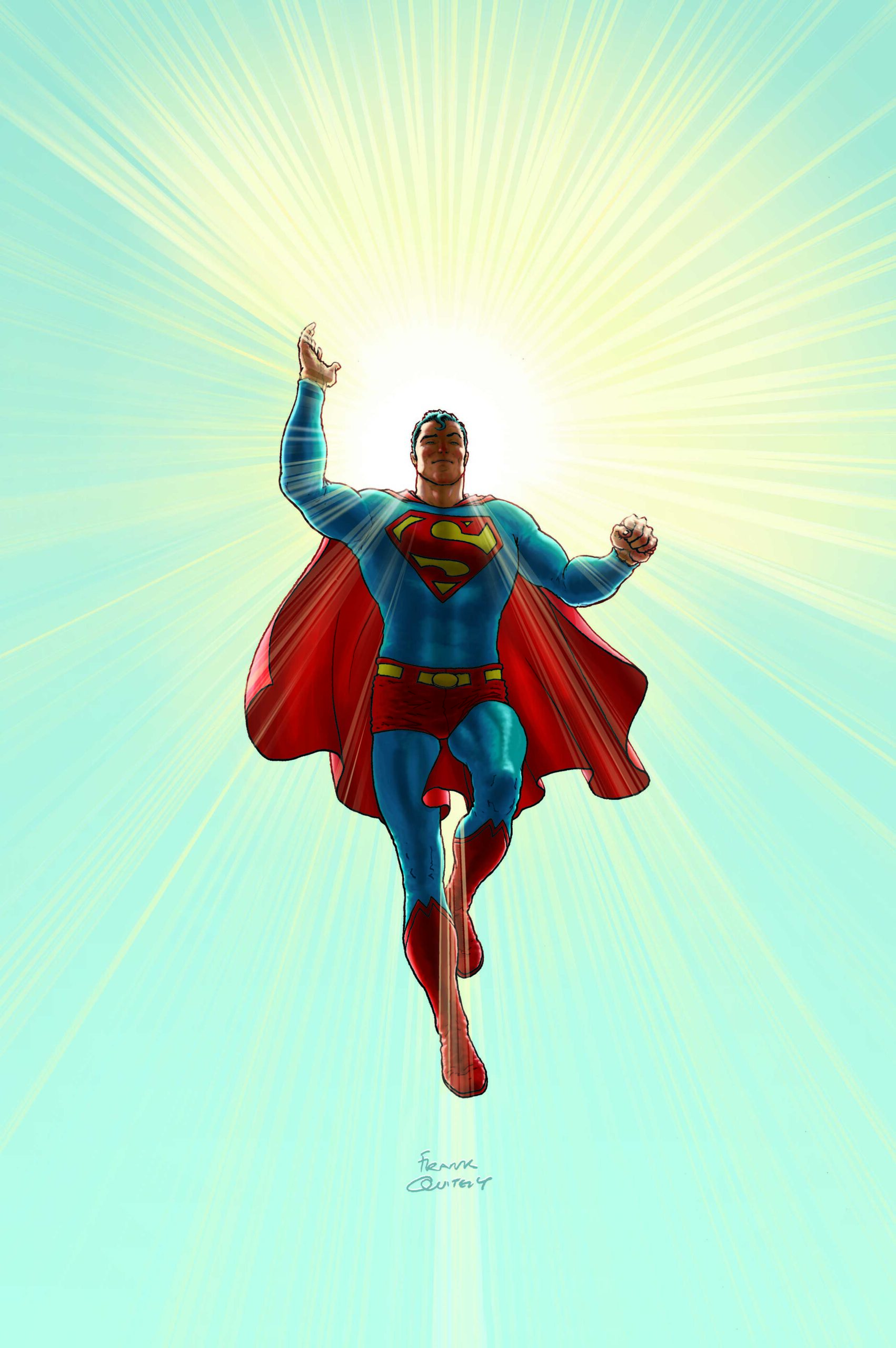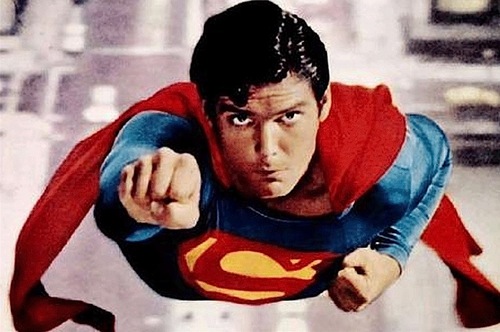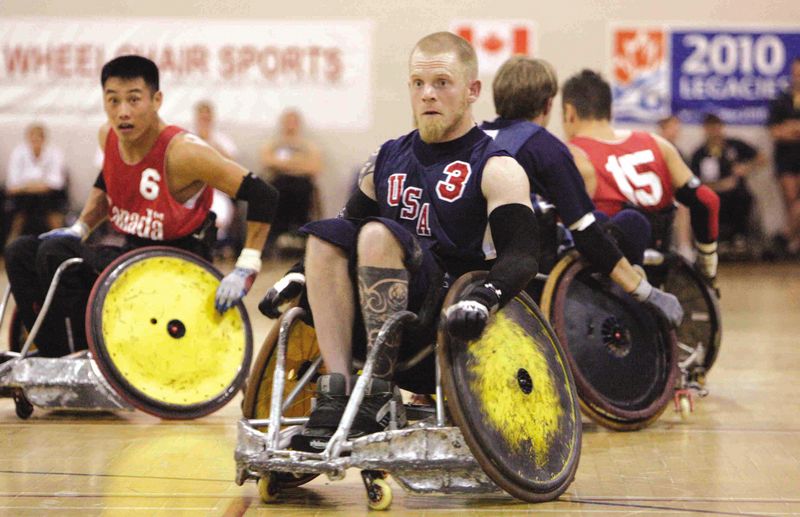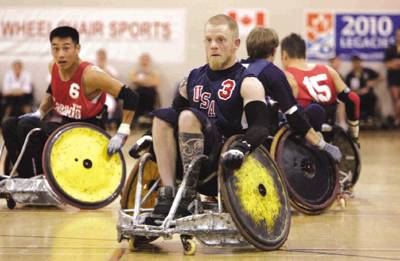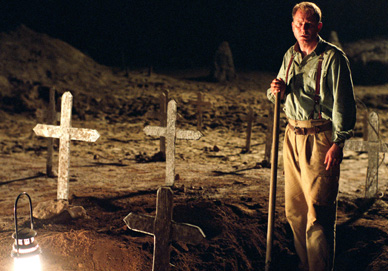Christopher Reeve Movie Reviews
Blog Posts That Mention Christopher Reeve
Sundance 2024: Sue Bird: In the Clutch, Luther: Never Too Much, Super/Man: The Christopher Reeve Story
Monica Castillo
60 Minutes on: Christopher Reeve as Superman
Matt Zoller Seitz
Christopher Reeve, 1952 – 2004
Roger Ebert
Music to Make A Man Fly: The Power of John Williams’ Theme to “Superman”
Charlie Brigden
The Glorious Year of Morgan Freeman
Mack Bates
Transplendent: Shelley Duvall (1949-2024)
Nell Minow
Sundance 2024: Will & Harper, Look into My Eyes, War Game
Brian Tallerico
Sundance 2024: Table of Contents
The Editors
At The Movies With Matt Zoller Seitz On His Birthday
Matt Zoller Seitz
2024 Sundance Film Festival Announces 91 Projects Selected for the Feature Films, Episodic, and New Frontier Lineup for 40th Edition
The Editors
William Hurt: 1950-2022
Scout Tafoya
Richard Donner: 1930-2021
Peter Sobczynski
Goodbye to a King: On the Death of Chadwick Boseman
The Editors
Margot Kidder: 1948-2018
Dan Callahan
Dreams of Africa: The Fantasy Politics of Black Panther
Matt Zoller Seitz
60 Minutes on: “Wonder Woman”
Matt Zoller Seitz
Thumbnails 6/7/17
Matt Fagerholm
Movies on my Birthday: A Partial List
Matt Zoller Seitz
Nora is Always Right: Emilia Clarke & Jojo Moyes on “Me Before You”
Nick Allen
Batman v Superman v Roger Ebert: A Collection of Reviews
The Editors
Fall TV Preview 2015
Brian Tallerico
SDCC 2015: Superhero Music Composers at Comic-Con
Nell Minow
SDCC 2015: “The Death of ‘Superman Lives’: What Happened?”
Jana Monji
A Force of Nature: A Tribute to Robin Williams
The Editors
“Man of Steel”, Feet of Clay
Gerardo Valero
“GET THE PICTURE!”: Public Nominations to the National Film Registry
Cary O'Dell
Dear Hollywood: Hiring women directors could rescue the superhero movie. Love, half the human race.
Susan Wloszczyna
Superman times 10: the most amazing incarnations of comics’ most durable superhero
Simon Abrams
When latex meets leather
Roger Ebert
It’s a bird! It’s a plane! It’s the superhero genre!
Krishna Bala Shenoi
The rise and decline of the superhero
Michael Mirasol
The Tale of Two Cetis
Omer M. Mozaffar
The great movies of my childhood
Krishna Bala Shenoi
The Way Morgan Freeman was
Seongyong Cho
The Promised Land Will Be Wheelchair-Accessible
Jeff Shannon
Sundance #3: Of heart and humor
Roger Ebert
A jock, a champion, a movie star
Roger Ebert
Brando was a rebel in the movies, a character in life
Roger Ebert
If at first you don’t succeed …
Roger Ebert
Movie Answer Man (04/21/1996)
Roger Ebert
Popular Reviews

The best movie reviews, in your inbox
